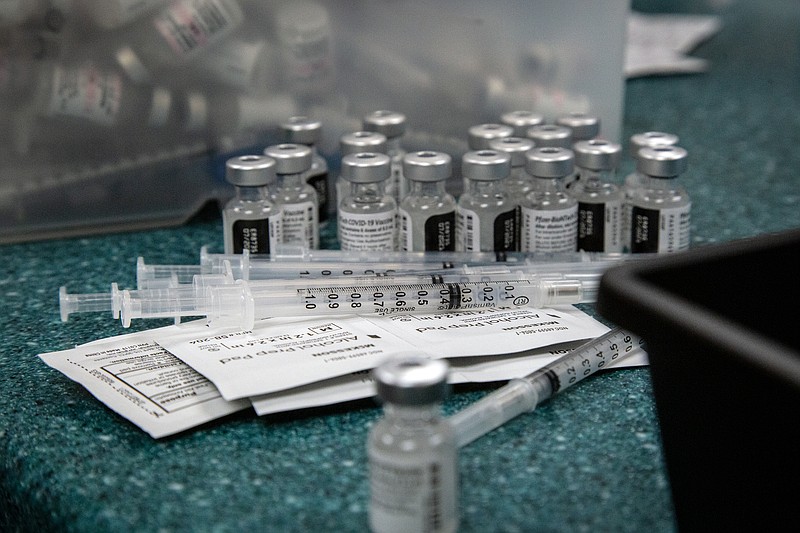Q: How long does immunity last after getting a COVID-19 vaccine?
A: Our immune system is complex, using many different mechanisms to defend us from viruses, bacteria and other organisms. COVID-19 mRNA vaccines stimulate our immune system to make antibodies to specific parts of the SARS-CoV-2 virus.
The production of antibodies is orchestrated by both our innate and adaptive immune system. Our innate immune system is our first line of defense, but is not specific and does not have memory. Our adaptive immune system is specific and has memory capacity. This capacity is important for long-term protection. The adaptive system is made up of a humoral response (antibodies) and a cellular response (B-cells and T-cells). All of these systems work together to mount an immune response after both natural infection and vaccination. Current research is looking at these different parts of our immune system and the contributing role they have in the duration of protection.
Pfizer and Moderna recently released statements saying that many of the participants in their clinical trials had excellent protection six months after having received vaccination. This protection is likely due to sufficient antibody titers (levels) but could also be, in part, from other arms of the immune system contributing to the defense response.
In a recent study by the National Institute of Allergy and Infectious Diseases, researchers evaluated blood from donors who had been infected with COVID-19 and found differences in humoral and cellular activity at different time points. In this study, humoral response began to decrease after six months, but activity from the cellular response remained intact up to eight months after infection.
In another study recently published in Nature, researchers found COVID-19 specific B-memory cells present in the bone marrow of participants with a history of natural SARS-CoV-2 infection almost one year out after the initial infection. These resident B-cells could potentially make antibodies when needed.
A group from Howard Hughes Medical Institute recently published data on participants who had had natural infection and subsequently received vaccination. Participants had antibodies six to 12 months after infection. Those that had also received vaccination after natural infection seemed to have a more robust humoral response. The authors concluded that the vaccine seemed to help B-cells mature and strengthen over time.
This available data suggest that protection is likely anywhere between six and 12 months, but could be longer. As more studies evaluate the duration of protection, we will have a better understanding on how long protection lasts. It may be that a booster is needed to augment antibody titers or that a yearly COVID-19 vaccine (similar to what is done with the flu vaccine), will provide the best protection.
Fernando Urrego, M.D., is the interim health officer at the Chattanooga-Hamilton County Health Department and a member of the Chattanooga-Hamilton County Medical Society.

